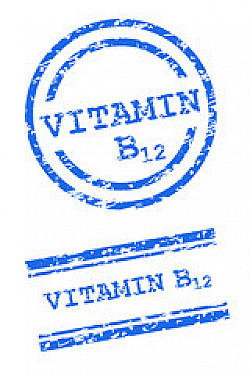Mediterranean diet may help ward off a dangerous pregnancy complication
Research we're watching
- Reviewed by Toni Golen, MD, Editor in Chief, Harvard Women's Health Watch; Editorial Advisory Board Member, Harvard Health Publishing; Contributor

Following a Mediterranean-style diet — long believed to cut the risk of cardiovascular disease — may also significantly lower the odds of developing the potentially serious pregnancy complication pre-eclampsia, a new study suggests.
The study, published online April 20, 2022, by the Journal of the American Heart Association, involved more than 8,500 women who gave birth between 1999 and 2014. Nearly half were black, 28% were Latino, and the remainder were white or other races. One in 10 had developed pre-eclampsia, marked by high blood pressure and signs of organ damage.
The participants completed a dietary questionnaire two to three days after giving birth, reporting how often they ate foods common to a Mediterranean-style eating pattern during pregnancy. The Mediterranean diet is rich is vegetables, fruits, fish, nuts, and olive oil, and significantly limits red meats and processed foods. Researchers sorted the women into three groups based on their survey responses. Compared with women eating the fewest Mediterranean-style foods, those in the group eating the highest amount showed a 28% lower risk for pre-eclampsia.
While this study does show an association between lower pre-eclampsia risk and a Mediterranean diet, pre-eclampsia is a complex disease that almost certainly has multiple causes and cannot be entirely prevented with dietary changes alone.
Image: © Manuel-F-O/Getty Images
About the Author

Maureen Salamon, Executive Editor, Harvard Women's Health Watch
About the Reviewer

Toni Golen, MD, Editor in Chief, Harvard Women's Health Watch; Editorial Advisory Board Member, Harvard Health Publishing; Contributor
Disclaimer:
As a service to our readers, Harvard Health Publishing provides access to our library of archived content. Please note the date of last review or update on all articles.
No content on this site, regardless of date, should ever be used as a substitute for direct medical advice from your doctor or other qualified clinician.
















